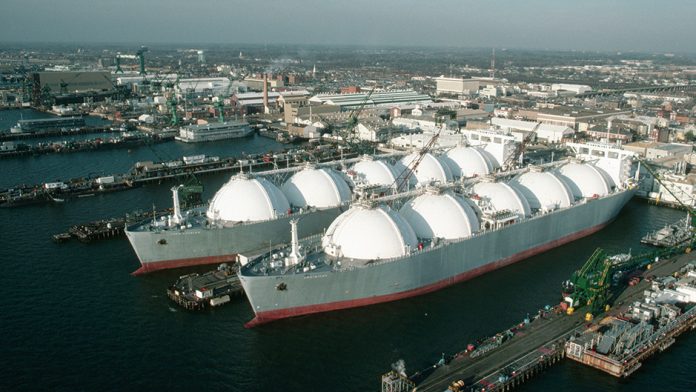By Vijay Jayaraj
India, the world’s third largest emitter of carbon dioxide, has accused Western countries of creating a global emissions goal of “Net-Zero by 2050” to divert attention from their own failures to meet current emission objectives.
The accusation comes at a critical juncture, just before the United Nation’s COP26 climate gathering at Glasgow next month. It suggests that John Kerry’s visit to India last week to persuade the subcontinent to adopt the Net-Zero goal had little effect on India’s apparent lack of enthusiasm for the West’s climate cheerleading.
Mincing few words, India’s Union Power and Renewable Energy Minister Raj Kumar Singh launched an attack on what he appears to consider to be Western hypocrisy:
“Now that COP26 is round the corner, those developed countries realize that they will be in focus, and, hence, they want to divert the world’s attention from their non-action,” said the minister.
“The fact that they have not taken any step to reduce their emissions, they want to divert focus from that. That’s why they are making big announcements like net-zero by 2050, which means nothing. Gandhiji would have called it a post-dated cheque on a crashing bank. They have not told us what they will do in this decade by 2030.”
The minister said India’s per capita emissions are one-third of the global average and that the country is well along in meeting current climate commitments.
“If you talk about developed countries, their per capita emission is three to eight times of the global average. That’s how it has remained right since Kyoto. There is this reluctance to change lifestyle to reduce per capita emissions in developed countries,” he added.
Singh’s statements are a clear indication that India’s stance at future climate conferences won’t be a timid one, but rather a steadfastly moral defense of the Third World’s right to develop economically without burdens imposed by Western virtue signaling.
While perceived Western hypocrisy may be an irritant, more of a deterrent to India’s adoption of a 2050 net-zero goal is the country’s need to continue using fossil fuels to power a growing economy.
The country’s economy is upbeat after the two COVID19 disruptions in 2020 and 2021. This means an increase in industrial and commercial activity and in the demand for electricity.
As a result, the “all India peak power demand in the period between April-August 2021 stood at 203,014 MW, as compared to 171,510 MW in the same period last year,” reports the Central Electricity Authority.
“The all India electricity demand is expected to increase by 6.0 per cent for FY2022 on a year-on-year basis, considering the favourable base effect, relatively lesser impact of the second wave on electricity demand and the pickup in the vaccination programme,” said the head of an investment information and credit rating agency in the country. Electricity-demand growth thereafter would remain linked with prospects for economic expansion, he added.
The International Energy Agency predicts that “India’s energy demand will increase more than that of any other country over the next two decades.” The agency said India’s primary energy consumption will double to 1,123 million tonnes of oil equivalent as its GDP grows to US $8.6 trillion by 2040, accounting for 25% of global growth in energy demand between 2019 and 2040.
Committing to the West’s net-zero would crush any prospects of growth for the Indian economy, whose poor number 360 million — more than the entire U.S. population. Disruption of the fossil fuel sector, which has supplied more than 80% of India’s primary energy demand since 2000, would damage the livelihoods of 1.2 billion people.
Westerners hell-bent on imposing additional global emission policies likely will find India — along with China — to be a thorn in their sides for a long time.
Vijay Jayaraj is a Research Associate at the CO2 Coalition, Arlington, Va., and holds a master’s degree in environmental sciences from the University of East Anglia, England. He resides in Bengaluru, India.
This article was originally published at Reactionary Times, and is republished with the permission of its author.


























